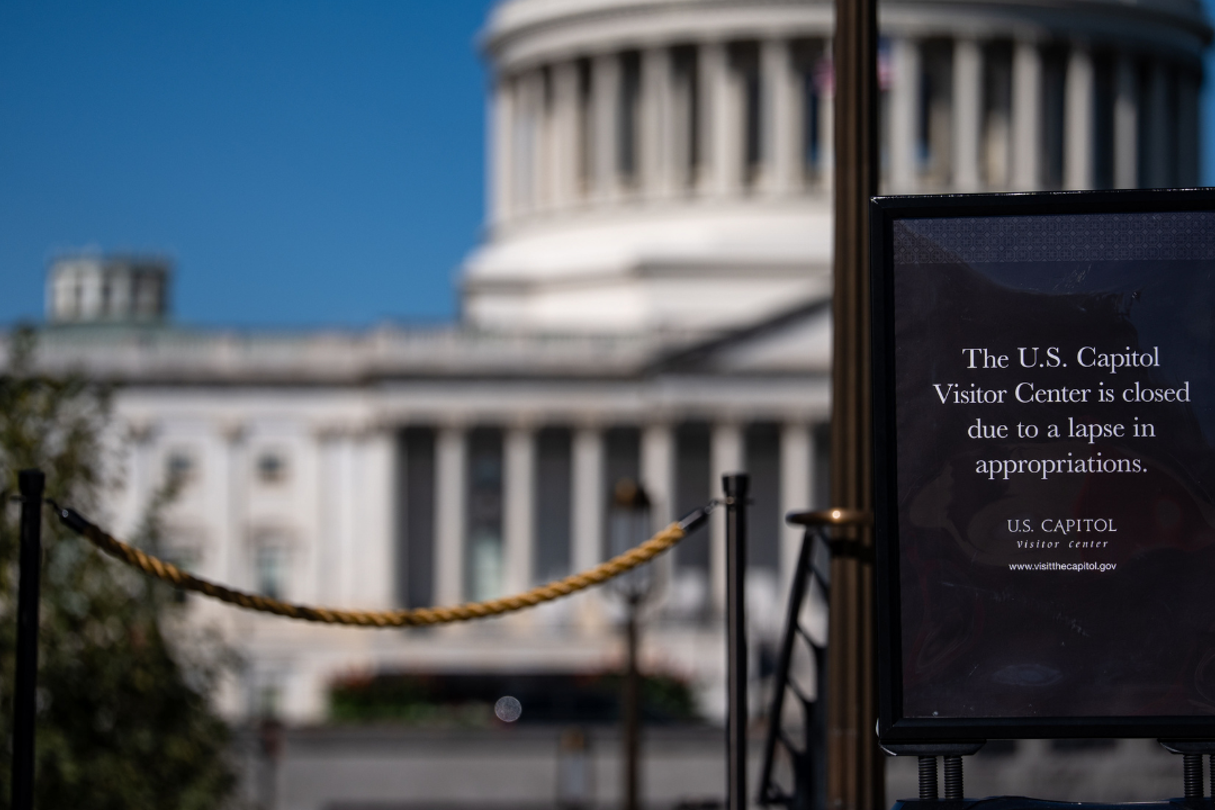When President Trump invoked the Alien Enemies Act, he exercised a constitutional power enshrined in law since 1798—used by presidents from Woodrow Wilson to Jimmy Carter. But in a world where Trump’s every move is treated as an existential threat by the Left, his lawful actions face constant obstruction. In an unprecedented move, a district court judge, James Boasberg, issued a temporary restraining order (TRO) in response to a lawsuit filed by the ACLU. The ruling is not only baseless—it’s jurisdictionally absurd. First, the ACLU’s named defendants were located in Texas—not in Boasberg’s district. Second, the deportation aircraft in question had already left U.S. airspace and was in international territory. And third—and most egregiously—this ruling attempts to override the President’s constitutional duty. The Alien Enemies Act, codified at 50 U.S.C. §§ 21–24, grants the President the explicit authority to detain, restrict, or deport nationals of foreign adversaries. Presidents have historically used this power to protect national security without controversy. President Jimmy Carter was praised by the media when he used this authority during the Iran hostage crisis. Yet, when President Trump uses the same tool, it’s branded as authoritarianism. What changed? Only the name on the Oval Office door. Even without the Alien Enemies Act, President Trump has full authority under the Immigration and Nationality Act (INA) to remove criminal aliens and national security threats. Sections 212(a) and 237(a) permit the deportation of those who entered illegally or pose a threat to national security—including MS-13 operatives and cartel enforcers. He utilized these laws effectively during his first term and continues to use them today.





